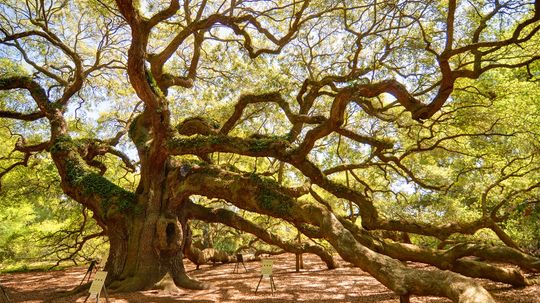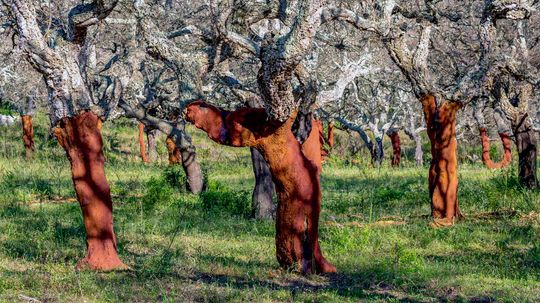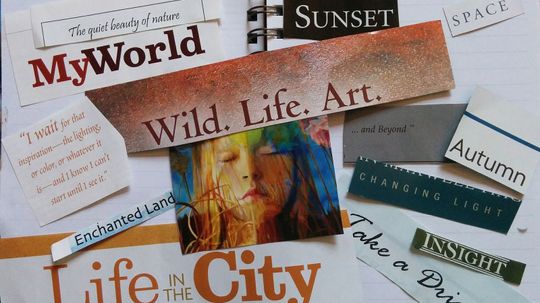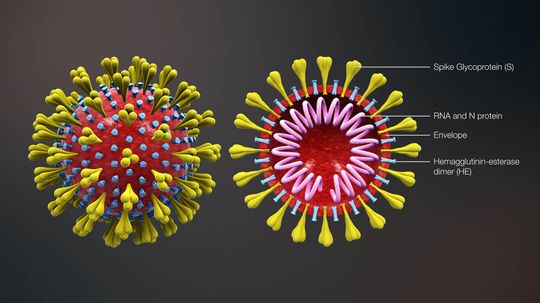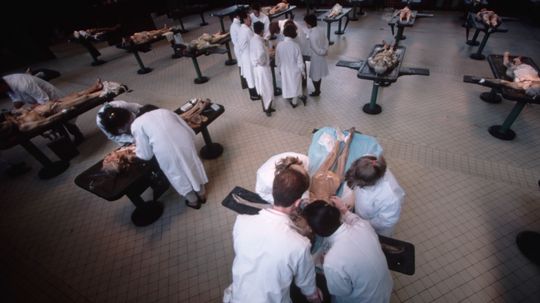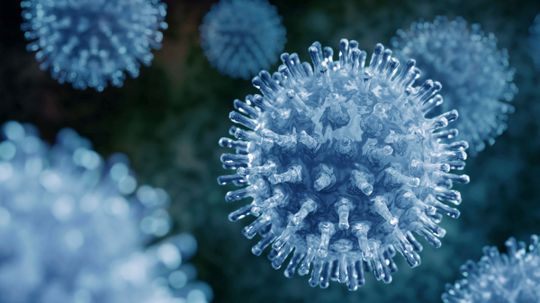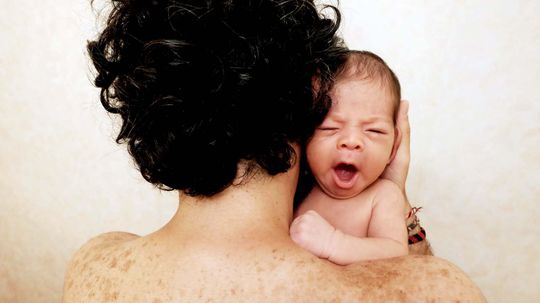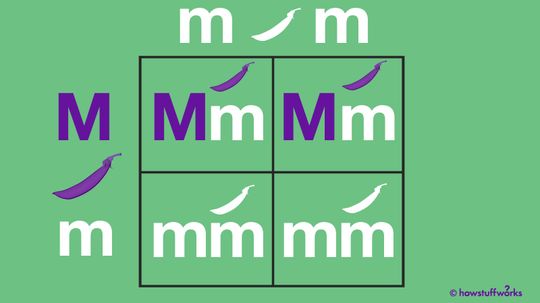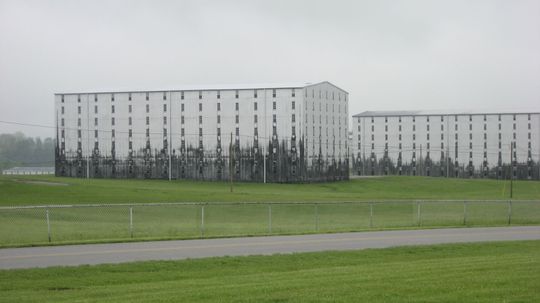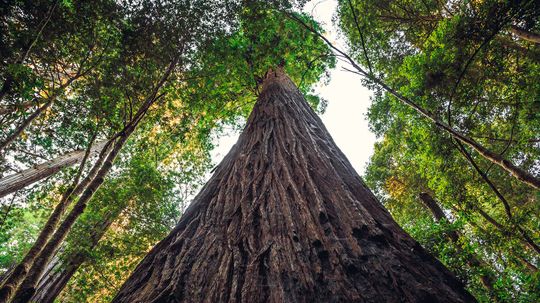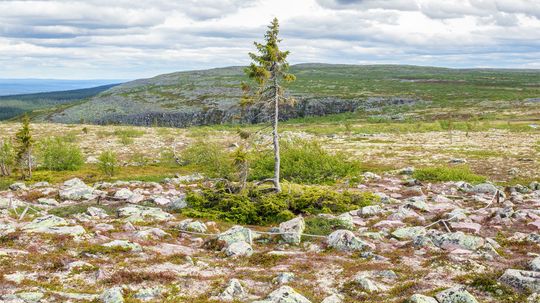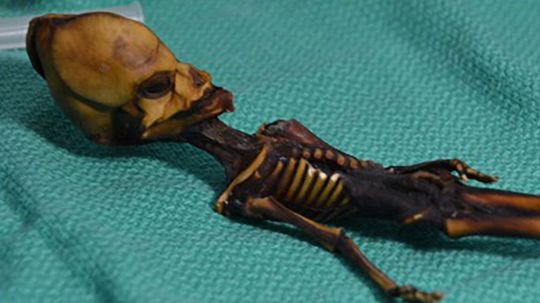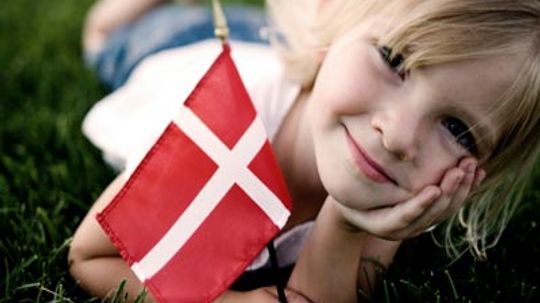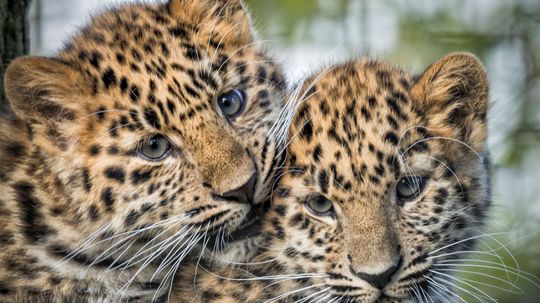Life Science
From the smallest microbe to the largest mammal, Life Science explores the origins, evolution and expansion of life in all its forms. Explore a wide range of topics from biology to genetics and evolution.
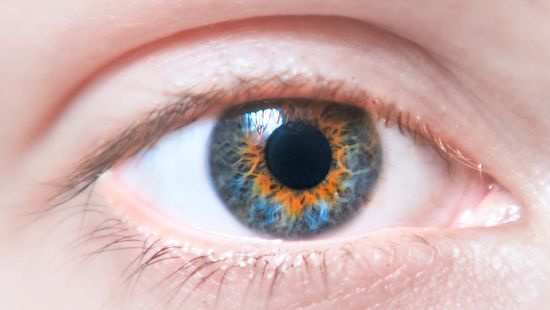
Central Heterochromia: When to Worry About Eye Color
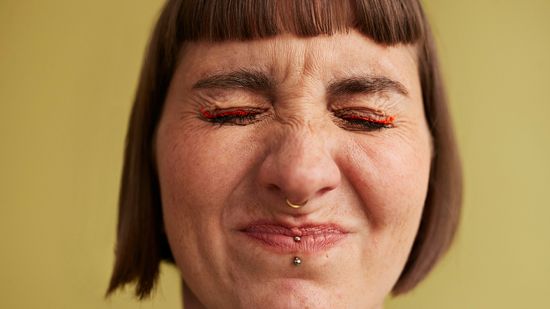
10 Types of Noses to Spot in a Crowd
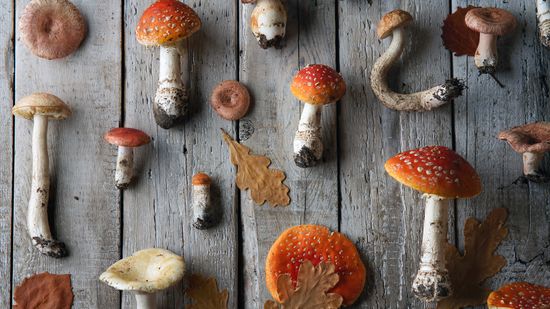
3 Major Types of Mushrooms: Edible, Wild and Poisonous
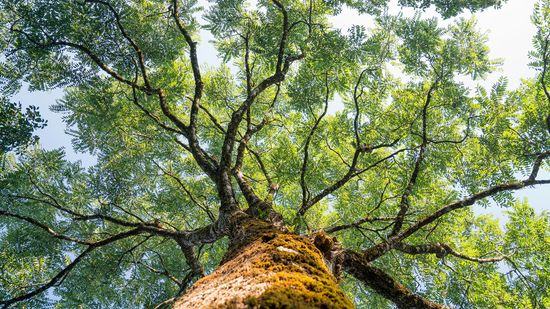
3 Types of Trees You'll Find All Over the Planet
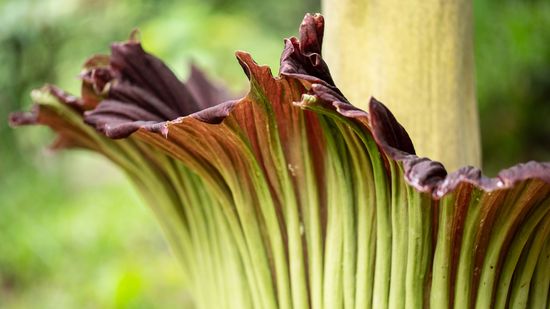
A Corpse Flower Can Grow Over 12 Feet (3.7 Meters) Tall
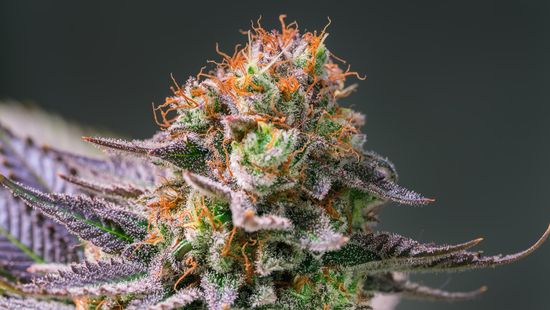
Indica vs. Sativa: How to Distinguish Between Cannabis Plants
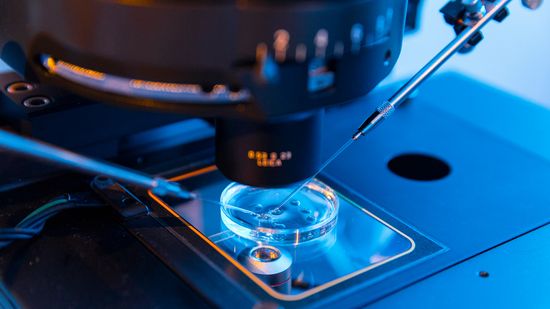
In Vivo vs. In Vitro Trials (and Why Combining Both Is Best)

Hypertonic vs. Hypotonic Solutions: Differences and Uses

Your Phone Is a Germ Factory, So Stop Taking It to the Toilet
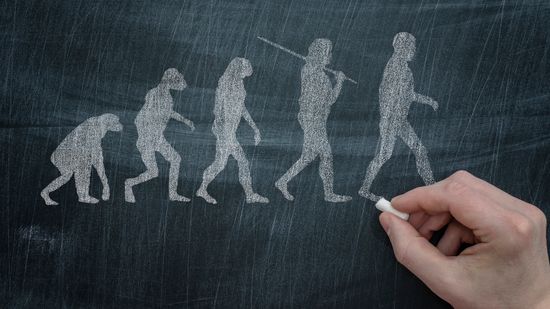
Neanderthal vs. Homo Sapien: Separate Species With Different Fates
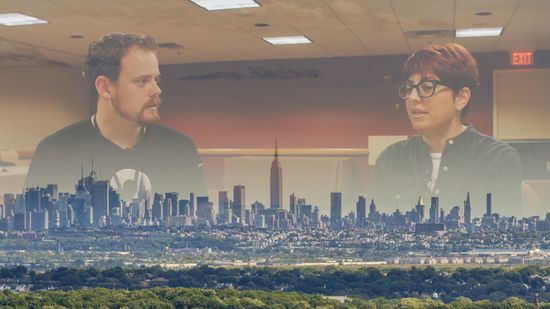
Howstuffworks Interviews: Extinction Level Events with Annalee Newitz
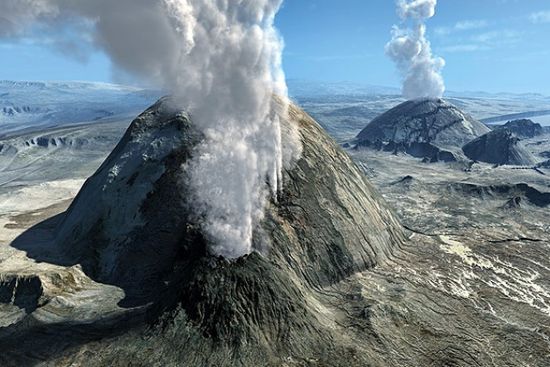
What will the Earth look like in 50,000 years?
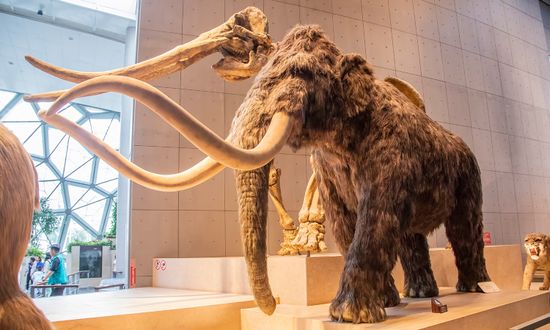
Is a Woolly Mammoth Clone Even Possible?

The Most Common Hair Color Isn't Blonde

What Is the Most Common Eye Color? Over 70% of People Have It
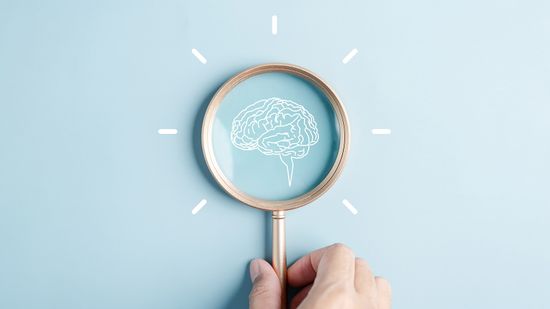
9 Types of Intelligence: The Many Ways to Expand Your Mind
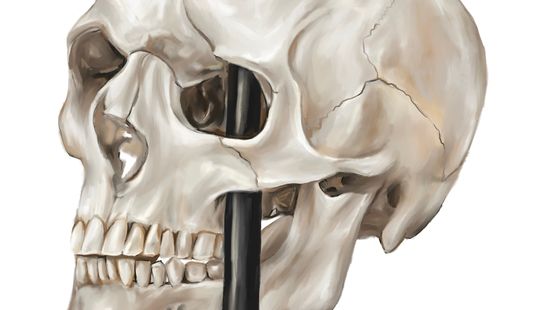
Phineas Gage and the Birth of Modern Neuroscience

Call of the Void: A Counterintuitive Form of Self-preservation
Learn More / Page 18
On Johns Island, South Carolina, stands an oak tree so big and beautiful that people come just to stand under its branches and feel the magic.
We all know what it feels like to be burned out. But does that really mean that our brain is tired? And is it the same as when other muscles tire out?
Cork is the go-to material for wine stoppers and bulletin boards. So are we really running out of it? And if so, what happens?
By Wendy Bowman
Advertisement
Requiring little care and upkeep, daffodils are bright, showy perennials that symbolize rebirth and new beginnings.
By Wendy Bowman
People often make vision boards at the start of the year. Some swear by vision boards for making their dreams come true. But is there any science to back that up?
By Alia Hoyt
Viruses need hosts to replicate and reproduce. So if a virus has no host, how long can it survive? It depends on a lot of factors.
There's a great need for people to donate their bodies to science but not many people think about doing it. What happens to your body after you make that decision?
Advertisement
We love stories of twins who can sense each other's pain or know what the other is thinking. But is there really such a thing as "twinspiration" or is just coincidence?
Viruses, viroids and prions are microscopic, infectious particles with a common, despicable goal - but the way each goes about achieving that goal is different.
By Debra Ronca
Ever tried to get your child, spouse or friend to do something by telling them to do the opposite? That's reverse psychology. But how often does it work?
Your body replaces billions (with a b!) of cells every day. In about 100 days, 30 trillion be replaced, but does that mean you're a new person, too?
Advertisement
A Punnett square helps predict the possible ways an organism will express certain genetic traits, such as purple flowers or blue eyes.
One in three people consistently struggle through the autumn and winter months with a type of depression known as seasonal affective disorder (SAD). Here are some tips for dealing with it.
Ever find yourself momentarily disoriented in a familiar place or encounter a friend who looks like a stranger? You could be experiencing jamais vu.
You probably use the words mold and mildew interchangeably. But these two types of fungi aren't quite the same. Is one worse?
Advertisement
Distilleries call this evaporative substance "angel's share" and promise that it's not dangerous, but nearby residents find it coating everything around them and aren't so sure.
You can't find trees taller than these behemoths. But do you know which is the tallest tree in the world?
Heat waves are becoming supercharged as the climate changes. How hot is too hot for normal daily activity, even for young, healthy adults?
By W. Larry Kenney, Daniel Vecellio, Rachel Cottle & S. Tony Wolf
In the quest for the title of world's oldest tree, there's some stiff competition, as well as questions surrounding the way we define "oldest."
By Laurie L. Dove & Sascha Bos
Advertisement
The Atacama skeleton has sparked intense controversy and, based on its appearance, speculation of alien origin since its discovery in 2003. But what is the real story behind this little skeleton?
By Mark Mancini
Cousins are indeed complicated. Who's your first cousin once removed? What is a second cousin? And what are kissing cousins? We'll tell you.
Herd immunity means that after a certain percentage of a population is immune to a disease, the whole population is. This is usually achieved through vaccination but some are not convinced.
By Alia Hoyt & Molly Edmonds
In Charles Darwin's book On the Origin of Species, he referred to a number of "vestiges" in human anatomy that he posited are remnants left over from the course of our species' development over time. Darwin suggested that these vestigial organs are evidence of evolution and represent functions that were once necessary for our survival, but [...] The post 10 Physical Human Traits That Evolution Has Made Obsolete appeared first on Goliath.
By Wes Walcott
Advertisement
If you want to quantify how happy someone is, do you count the number of smiles he or she cracks in a single day? Some researchers are stumped as to how happiness can be measured.
A new global report says 1 million species are at risk of extinction - the greatest number in human history.
